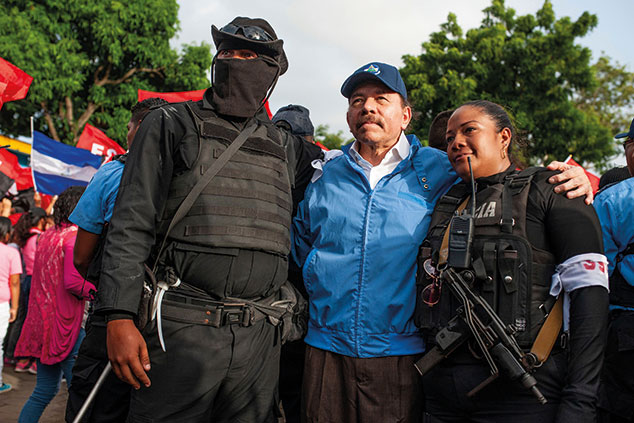
The four-month rebellion and ensuing repression have “wrecked” the country’s economy, but left the autocratic Ortega “firmly in power”, says The Economist. The economy had been the strongest in central America, with annual growth of 5%. This year GDP is expected to shrink by nearly 6%. Some $1bn in capital has fled. Yet the momentum of protestors seems to have “ebbed” since the massacre of 16 protestors on a Mothers’ Day march on 30 May.
That’s not true, says Alejandro Bendaña in the Havana Times. Several forces are ranked against the Ortega regime, from an “organised, courageous youth” and the Catholic Church to the private sector and the US government. Powerful financial interests in central America are losing faith in Ortega’s ability to stablise the country and the US government is convinced that he can “no longer guarantee interests in the region”. Slowly but surely, the “political bloc of an authentic opposition is taking shape”.
The US Congress is considering sanctions, says Dan Boylan in The Washington Times. On Tuesday, America’s UN ambassador Nikki Haley used her powers as this month’s president of the UN Security Council to urge it “to take up the crisis”. Bolivia, China and Russia have opposed the move, saying that interference is unwarranted, but as Haley said, “How many people have to die before it’s a matter of peace and security?”